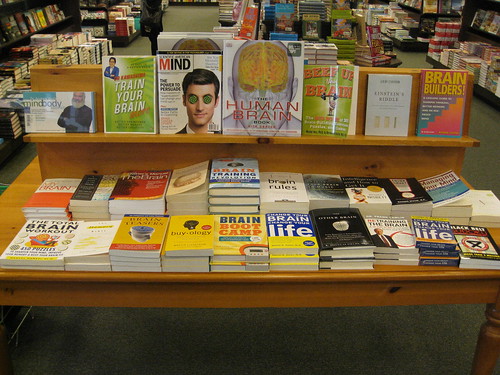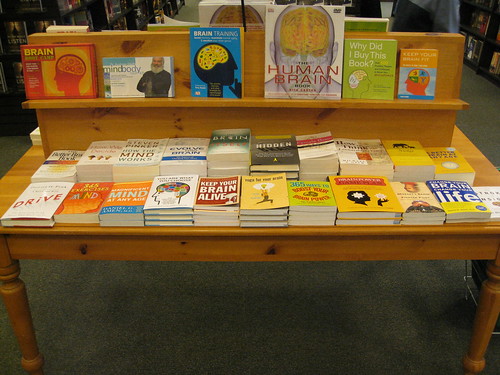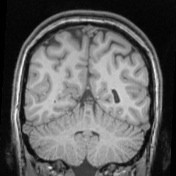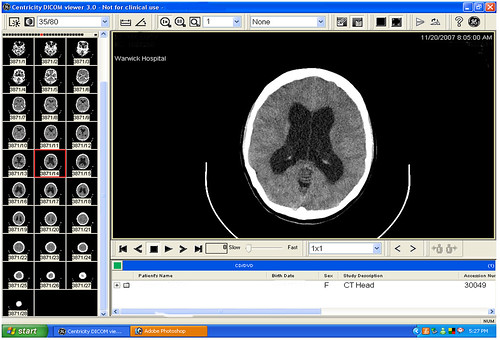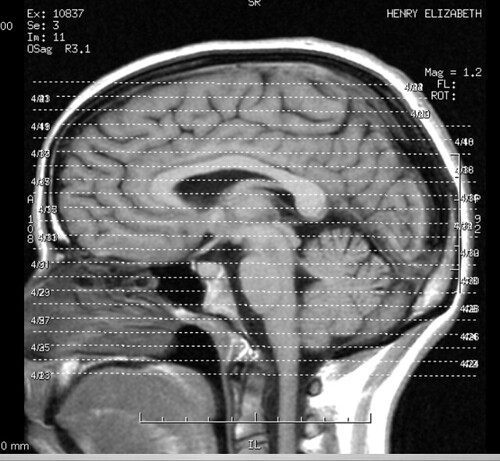
As age progresses, people lose memories more and more. Although some people may try to comfort you by saying newer memories have pushed out the older ones, it’s devastating to not be able to remember your most important milestones, such as the day your lover proposed to you or your baby’s first word. Use the techniques you just read about so that you won’t lose any more important memories.
Brain
A good way to help you study is to change up your study habits and study in a brand new environment. Changing surroundings reinvigorates the mind, and causes long-term memory to be more efficacious. Your brain is programmed to become more alert when something new is going on, and an alert brain is better at forming memories.
Staying socially engaged is a great way to boost the strength of your memory. This works to keep you alert, and your spirits high. When you are depressed or lonely, your brain is not being stimulated and your mind is not getting the exercise it needs to stay sharp. Exciting and interesting conversations with friends and family helps stimulate and exercise your brain, which then helps you improve your memory.
Get books on memory from a library to learn about this complex mechanism. A lot of famous psychiatrists have published important studies about memory and proper brain function. A world of knowledge is available from these resources that you can apply to your personal life.
Take a ginseng supplement to have a better memory. The ingredients in ginseng have shown to assist the brain in helping to consume and hold information. It is also good for your overall health. You should also start drinking green tea to help with any memory loss.
Utilize calenders and planners. Invest in a planner so that you can keep track of important things. Use your schedule not just to jot down upcoming commitments, but also to check daily to make sure you know what’s coming up. It can help your mind to write things down and look at them. There will be less that you have to remember because you’ll have a reminder.
You can feel healthier, relieve anxiety, and improve your brain and memory by practicing meditation techniques. To meditate, find a calm, comfortable spot, and try to focus all of your thoughts on your breath going in and out. Aim for approximately 30 minutes per day to assist your brain in staying fit.
To reduce the risk of developing conditions that cause loss of memory, stay connected to people by forming and maintaining strong relationships. Research shows that spending time and communicating with friends and loved ones is good for the area of the brain responsible for memory.
Start maintaining a daily journal. Before you go to bed, write down five things you can be thankful for. You could also write five positives that occurred that day. Writing this information down will make you happier, and when you feel happier, your mind is clearer, making it easier for your brain to process information, which, in turn, helps to improve your memory.
Sometimes lost memories can be gone for good. However, following these tips can help you retain the memories you still have. By following these tips you can learn how to enhance your capacity to remember.

